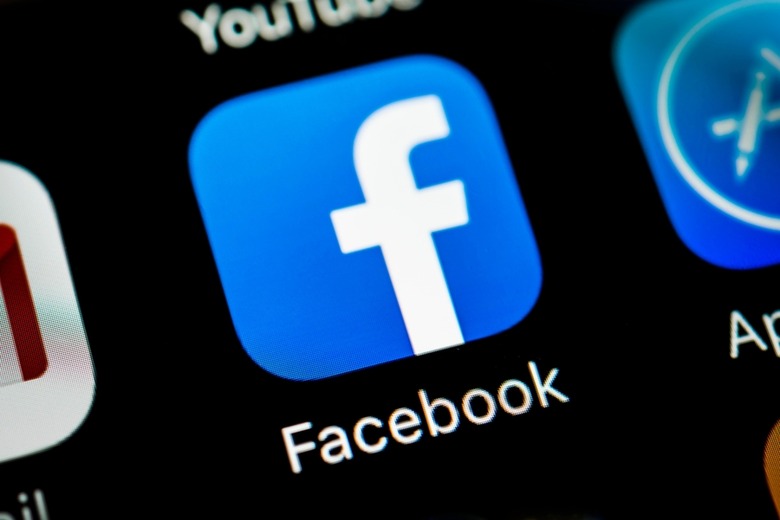Facebook Usage Skyrockets As The Coronavirus Forces Millions To Stay Home
- Facebook usage has soared during the coronavirus pandemic as millions have been forced to stay at home.
- Chats via Facebook Messenger have increased by 50%.
- Facebook isn't making extra money from this increased engagement.
- Visit BGR's homepage for more stories.
The Cambridge Analytica scandal proved that Facebook wields enormous power when it comes to the news people consume. Whereas people used to consume their daily dose of news by reading the paper or hopping on over to websites like CNN, many people today simply rely upon the news that pops up on their Facebook feed.
In the wake of the Cambridge Analytica scandal, Facebook started implementing measures to ensure that fake news and disinformation can't spread far and wide. And with the coronavirus still in full swing and leaving millions of people stuck at home on quarantine, it seems as if Facebook's efforts are paying dividends.
As The New York Times notes, the social networking giant is "closely monitoring people's news habits during a critical period and actively trying to steer them toward authoritative sources in what amounts to a global, real-time experiment in news distribution."
And thus far, most users are reading stories from high-quality sources, according to Facebook data scientist Ranjan Subramanian. This, of course, is partially due to Facebook's pro-active efforts to amplify news stories from credible sources and diminish the visibility of lower-quality articles showing up on people's newsfeeds.
The degree to which the coronavirus has taken over our collective lives is astounding, with Subramanian noting that Facebook in recent weeks has seen an unprecedented rise in the cumulative number of news stories consumed.
In turn, it probably shouldn't come as much of a surprise that overall Facebook usage has skyrocketed over the past few weeks as people are messaging each other and spending more time on the site than ever before.
In a blog post detailing the rise in Facebook usage, the company notes that Italy, in particular, saw a 70% rise in usage across the company's suite of applications. Around the world, the company notes that Instagram and Facebook Live views doubled within a week. Meanwhile, messaging has increased by 50% while group calls jumped by a whopping 1,000% over the last month.
Interestingly though, Facebook notes that all of this extra engagement won't help boost their bottom line:
We have received questions about revenue, so want to provide some context here too: Much of the increased traffic is happening on our messaging services, but we've also seen more people using our feed and stories products to get updates from their family and friends. At the same time, our business is being adversely affected like so many others around the world. We don't monetize many of the services where we're seeing increased engagement, and we've seen a weakening in our ads business in countries taking aggressive actions to reduce the spread of COVID-19.
Facebook, of course, isn't the only company seeing a huge uptick in traffic. Streaming sites like Netflix are also seeing increased daily usage. In fact, Netflix last week opted to decrease the bitrate on its streams in Europe as to lessen the burden on Internet providers. YouTube, meanwhile, announced it would reduce the video quality on its streams globally for a full month. What this means is that all YouTube videos will start playing in standard definition by default. Users, however, will have the option to switch over to HD if they so choose.
